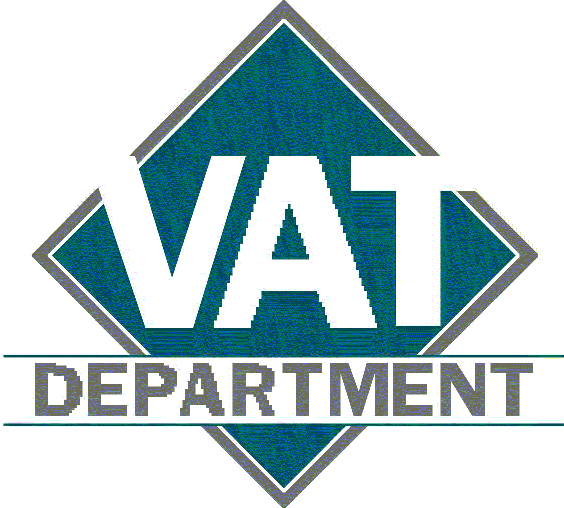Brussels to allow member states to reduce VAT rates
 Brussels - The European Commission is to allow member states to reduce their value added tax (VAT) rates to boost consumption during the recession, officials in Brussels said Tuesday.
Brussels - The European Commission is to allow member states to reduce their value added tax (VAT) rates to boost consumption during the recession, officials in Brussels said Tuesday.
The European Union's executive arm will also propose increasing investments in infrastructure and in key sectors such as cars, construction and green technologies as part of its economic stimulus package, due to be unveiled on Wednesday.
"Tomorrow we propose a coordinated EU fiscal stimulus, we will offer guidance to member states on the kind of measures to adopt," said Economic and Monetary Affairs Commissioner Joaquin Almunia in a speech in Brussels.
Officials told Deutsche Presse-Agentur dpa this means giving governments a free hand in reducing their VAT rates - but only as long as these cuts are temporary and that the standard rate is kept above the bloc's minimum level of 15 per cent.
Current VAT rates on goods and services vary from 25 per cent in Sweden and Denmark to 15 per cent in Cyprus and Luxembourg. Member states can also apply reduced rates on certain products.
The decision follows a move by the British government, which on Monday announced that it would next month cut the country's VAT on consumer goods from 17.5 per cent to 15 per cent until the end of 2009.
The VAT measure, which is estimated to put 12.5 billion pounds (18.75 billion dollars) in consumers' pockets, is part of a massive fiscal and financial package of 20 billion pounds to stimulate the economy in the face of a looming recession.
The European Commission wants any fiscal measures to be coordinated at European level so as to "exploit synergies and avoid negative spillovers," Almunia said.
The commission also wants to mobilize resources in favour of troubled sectors such as the car industry, which has asked for 40 billion euros (51 billion dollars) in cheap loans to help it meet the EU's latest environmental standards.
However, with no new EU money being promised, the amount of funds available from Brussels is likely to be limited.
Almunia also cautioned governments against seeking to spend their way out of the economic slowdown, saying "we need to reduce public debt over the medium term."
Commission figures out earlier this month showed that the 15- member eurozone has officially slumped into recession. The prospects for 2009 remain gloomy.
Among the worst-performing EU economies are those of Britain, Germany, Ireland, Spain, and Italy.
New member states Latvia and Hungary, meanwhile, have had to resort to outside help to recover from the global credit crunch. (dpa)